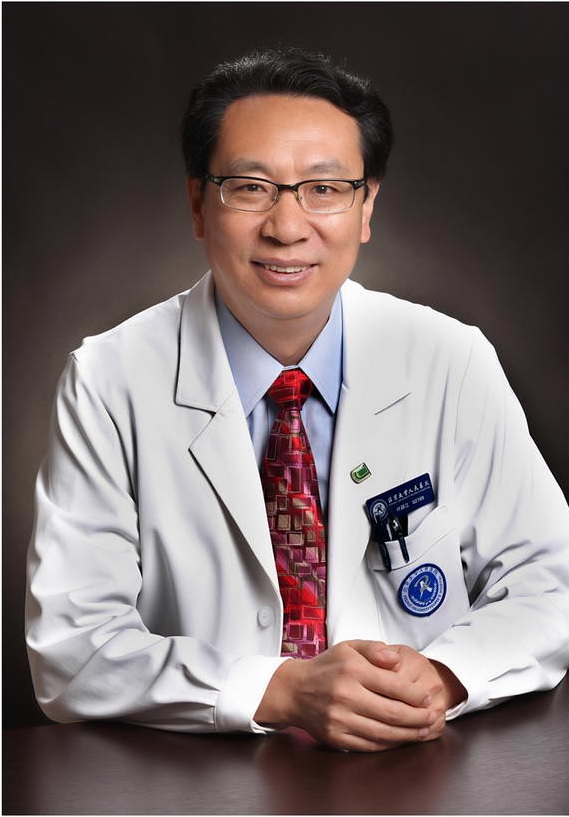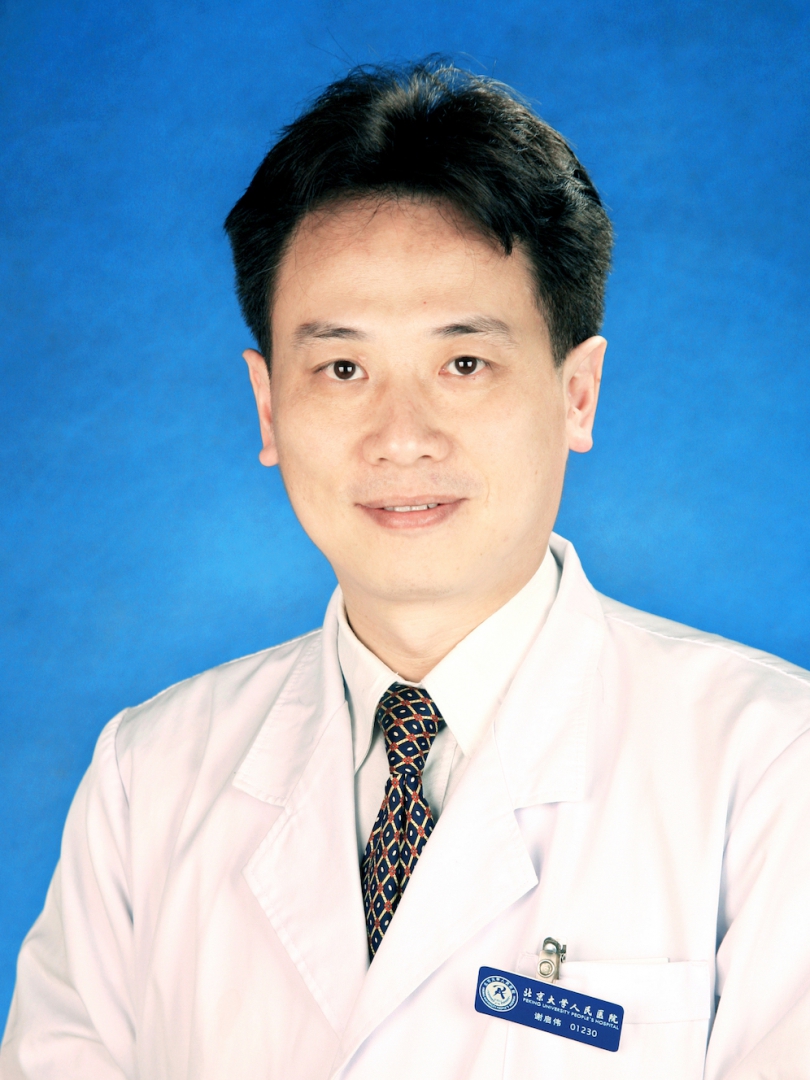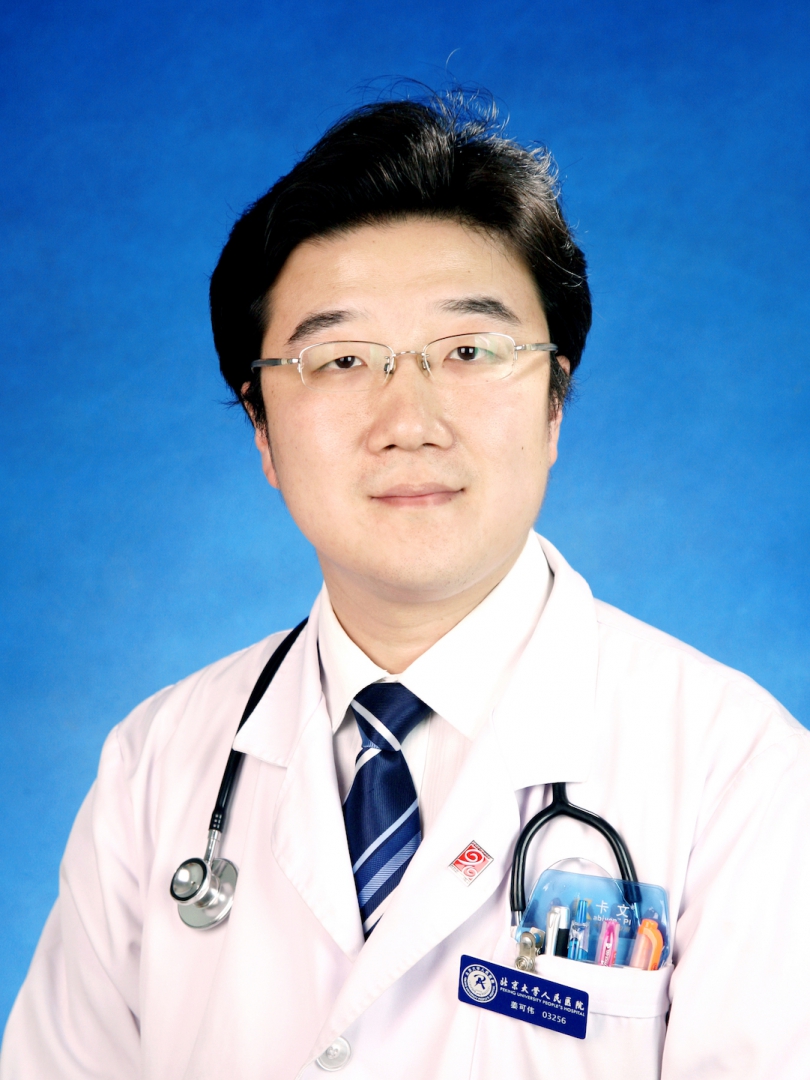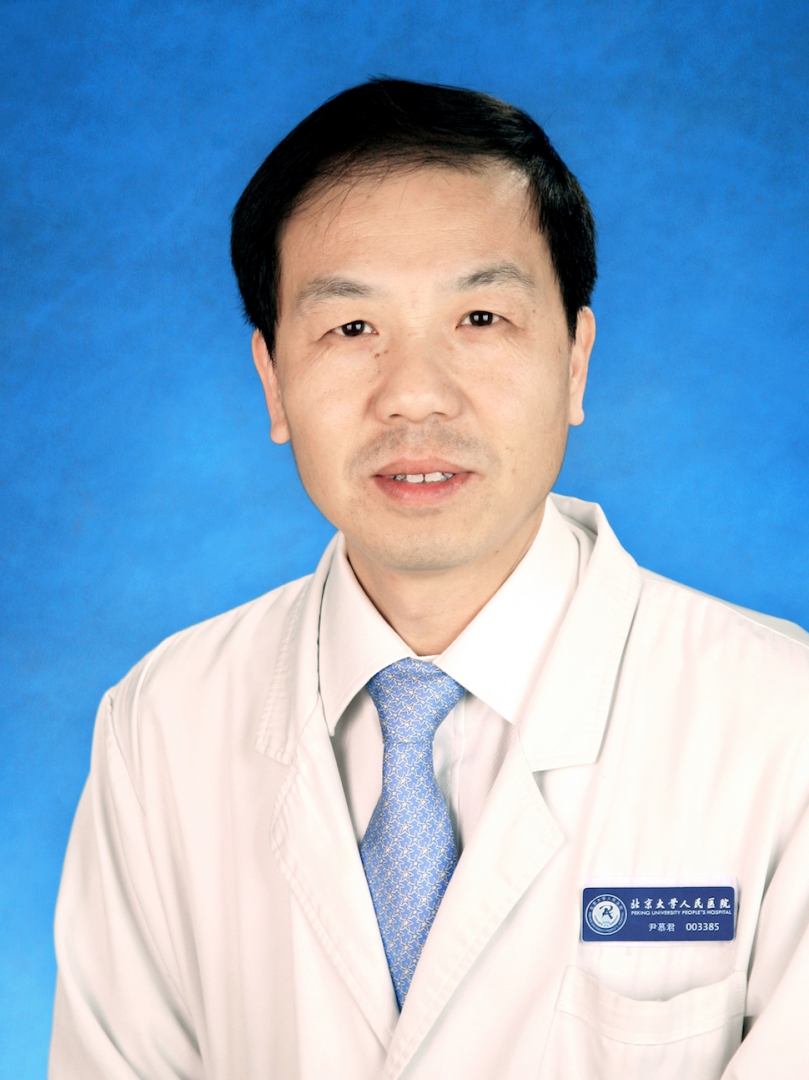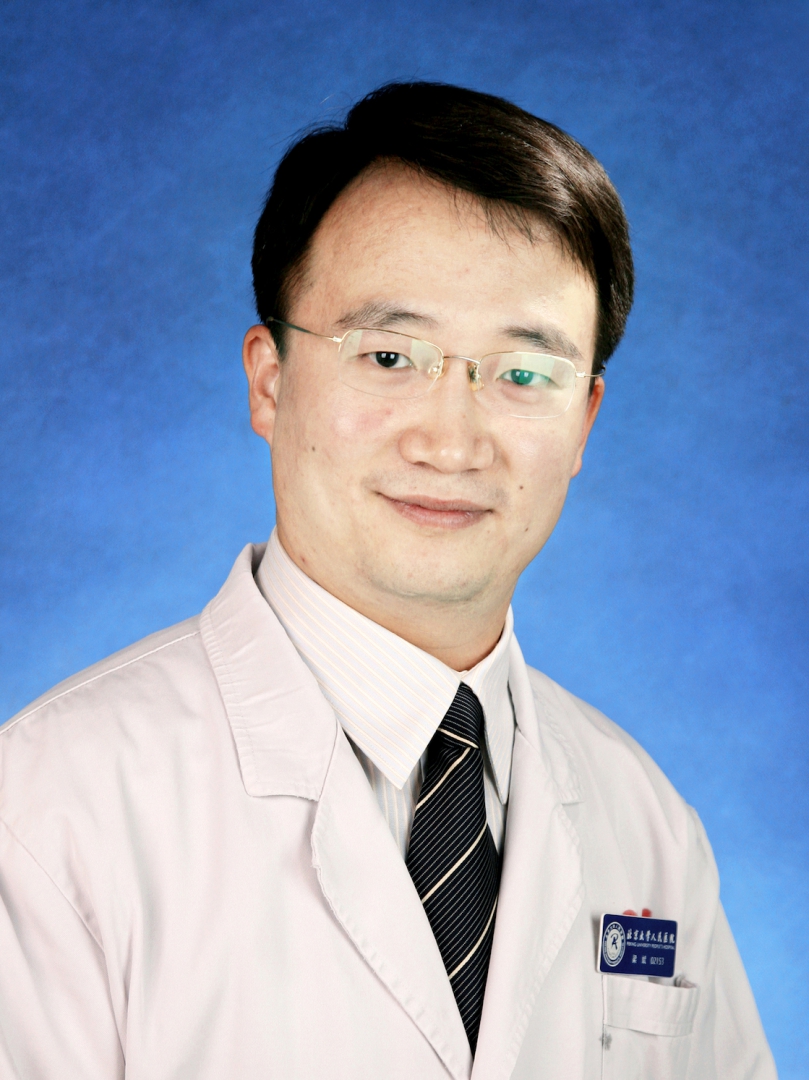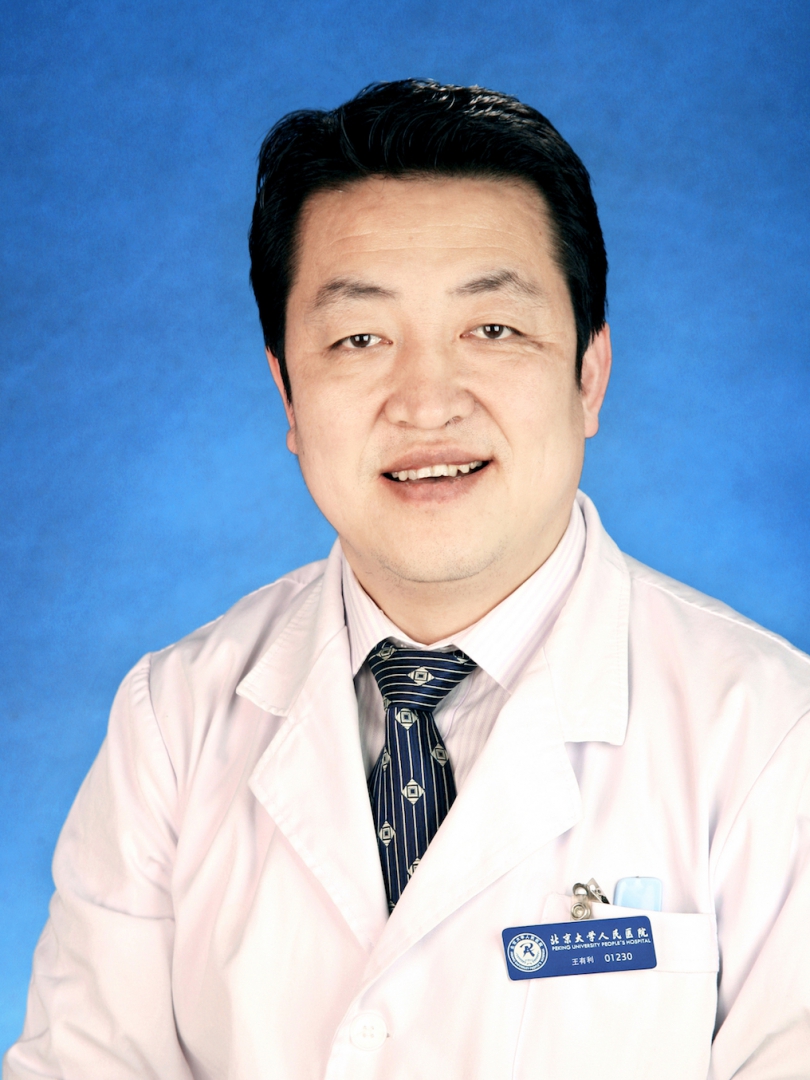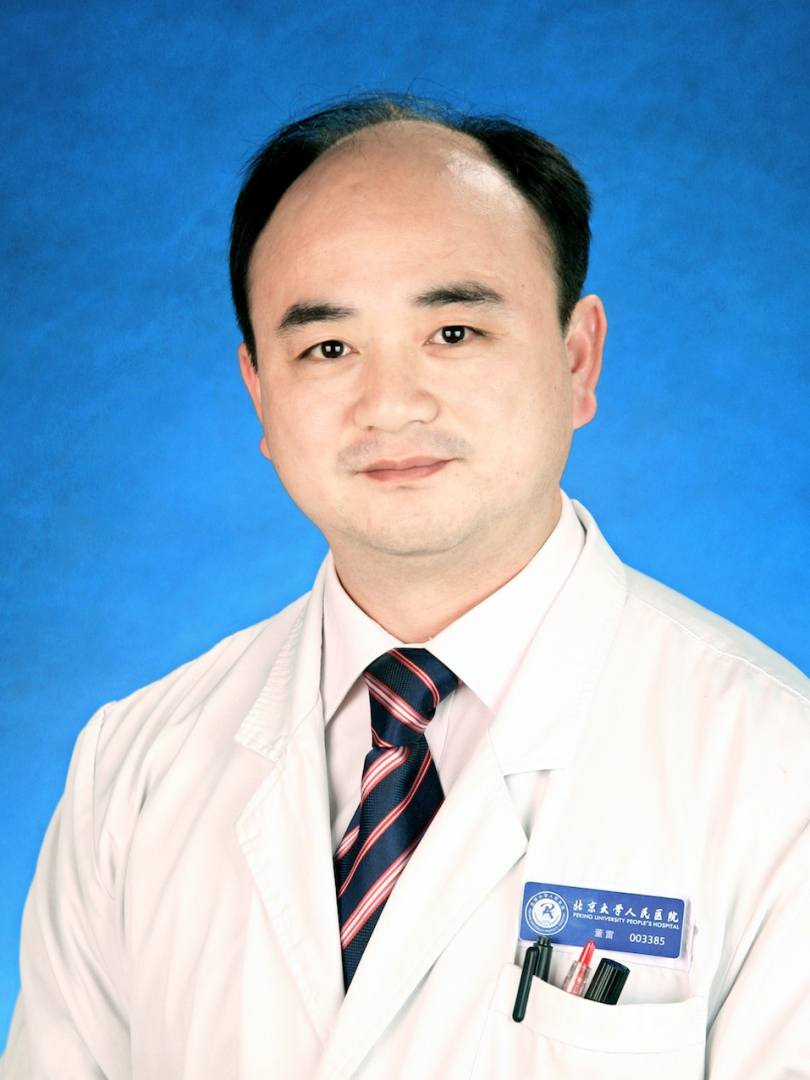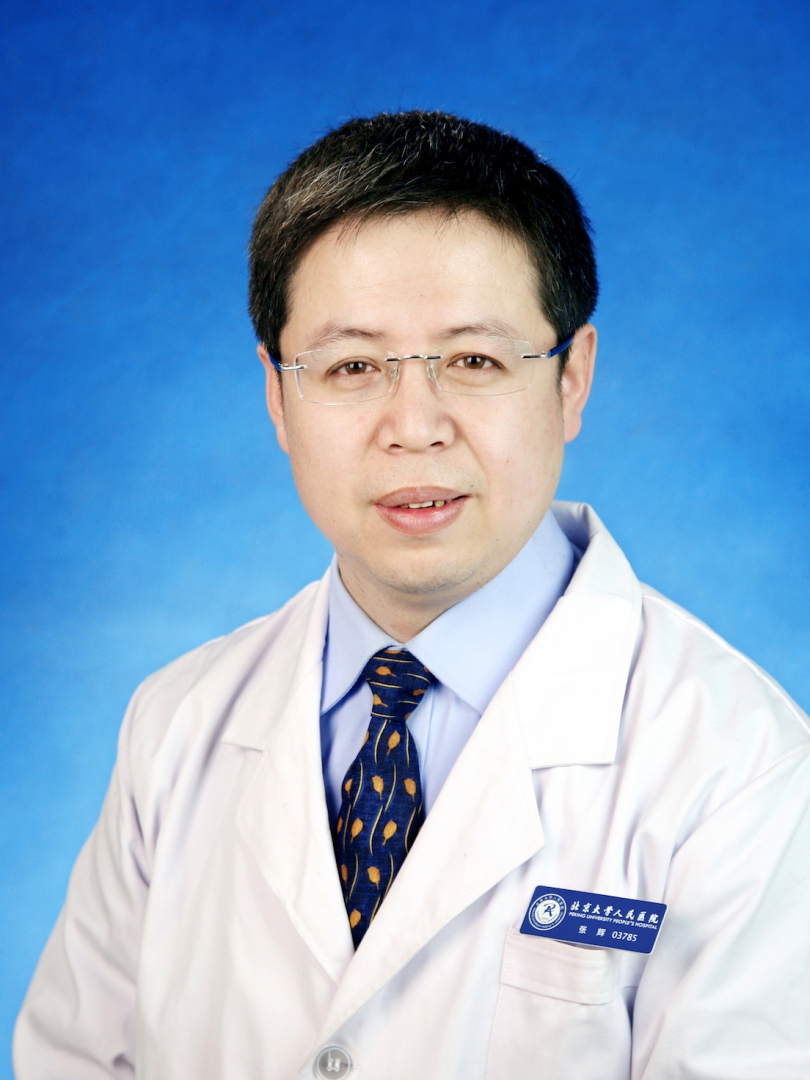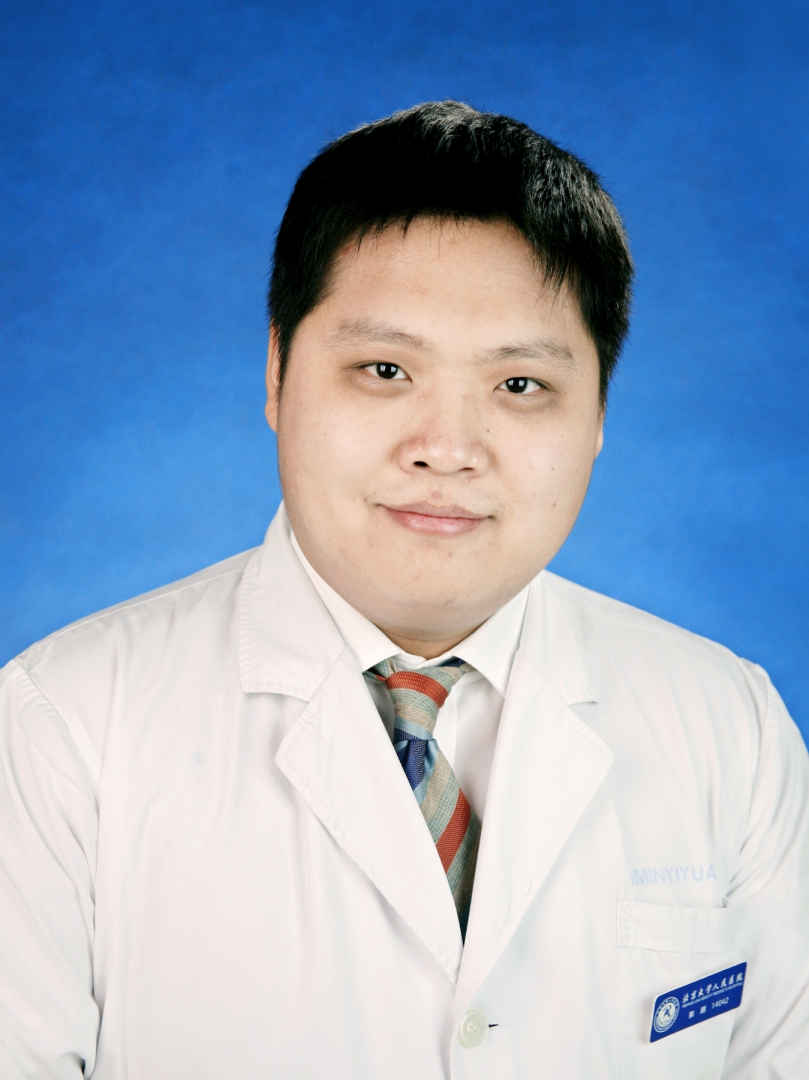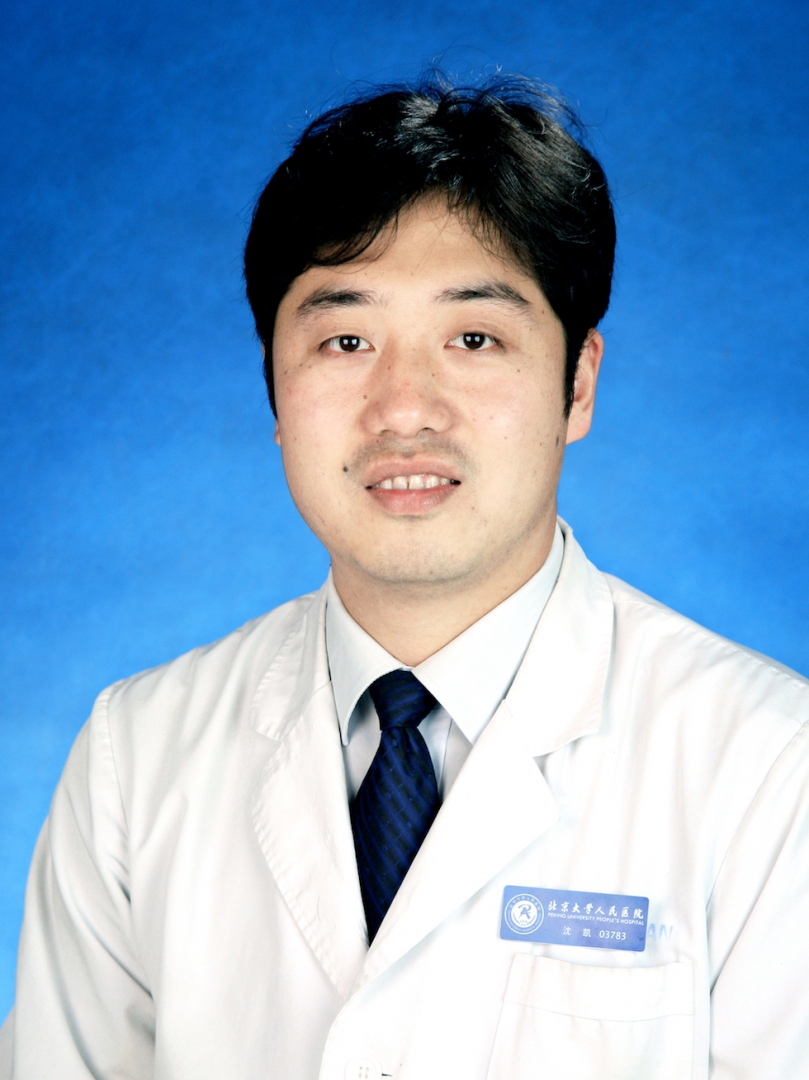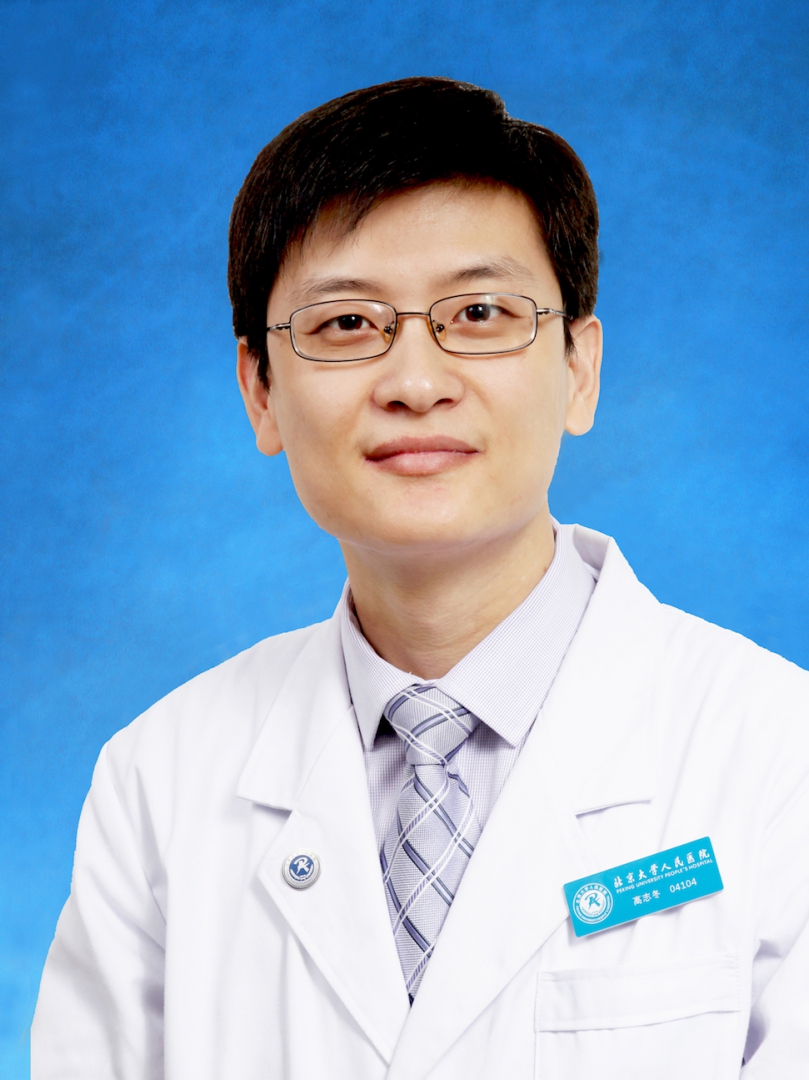Gastroenterological Surgery
Department of Gastroenterological Surgery
About Us
The Department of Gastroenterological Surgery at Peking University People's Hospital provides compassionate care and advanced treatments for patients with various general and gastrointestinal conditions.
The department has one of the largest and most experienced teams of gastroenterological and general surgeons in China. Our highly skilled surgeons offer the latest surgical treatments, including radical resection of colorectal carcinoma, gastrectomy, thyroidectomy, cholecystectomy, appendectomy, herniorrhaphy, and PPH. With a well-established robotic laparoscopic practice, we excel in treating abdominal wall hernias, benign and malignant colorectal diseases, cholelithiasis, and morbid obesity.
Highly Experienced Medical Staff
The department has 19 faculty surgeons, including 8 professors, 7 associate professors, 2 attending surgeons, and 2 surgeons. These 19 surgeons perform more than 1,400 operations annually. Having studied and trained at some of the world’s leading medical centers, our surgeons are at the forefront of the medical field, developing surgical techniques and treatments that significantly advance patient care. Their primary focus includes robotic and laparoscopic surgery, colorectal surgery, gastric surgery, standard chemotherapy and radiotherapy for cancer patients, and multidisciplinary team (MDT) meetings for complex cases.
Many of our doctors are internationally recognized, including Prof. Wang Shan, former president of Peking University People’s Hospital, and Prof. Ye Yingjiang, chief of the department. They are experts in gastrointestinal oncological surgery.
Standard Treatment of Gastrointestinal Conditions
Our department was the first in China to introduce complete mesocolic excision (CME) and extra-levator abdominoperineal excision (ELAPE) techniques for colorectal cancer. These surgical approaches offer a better prognosis than conventional surgery and are safe and feasible.
We have specialized oncology teams for treating malignancies of the stomach, including gastric cancer, gastric intestinal stromal tumors (GISTs), neuroendocrine cancer (NEC), and gastric lymphoma. We are leading in the diagnosis and treatment of GISTs in China. For patients with recurrent, metastatic, high-risk unresectable diseases, we provide treatment through multidisciplinary teams (MDT).
Minimally Invasive Surgery
Minimally invasive surgery, also known as laparoscopic surgery, is the standard of care in our department and our preferred approach for a wide range of conditions. These techniques typically result in less blood loss, reduced pain, and faster recovery. Using high-definition imaging technology and precision instruments, our surgeons perform hundreds of procedures through a few tiny incisions, including robotic/laparoscopic colonic and rectal surgery, robotic/laparoscopic gastric surgery, laparoscopic bariatric surgery, and laparoscopic hernia repair. This high volume of experience leads to better outcomes for patients and helps our surgeons lead innovations in the field, integrating these techniques with patient care.
Personalized & Multidisciplinary Team Approach to Treatment (MDT)
Our department emphasizes a collaborative team approach to ensure accurate diagnoses and timely surgical interventions. Surgeons communicate closely with specialists involved in patient care. The weekly conference includes active participation from colleagues in surgery, internal medicine, pathology, radiology, oncology, and other fields. New cases are presented and discussed by the team, improving management through a multidisciplinary perspective. For patients with advanced disease, multimodal therapy, including surgery, neoadjuvant chemotherapy, and radiotherapy, plays a crucial role. This multidisciplinary approach ensures patients receive expert care during critical times, with specialists collectively determining the most beneficial treatment.
Latest Procedures & Treatments
It’s not just our expertise that sets us apart, it's also our commitment to advancing the field and finding the best treatments for each patient. We have pioneered numerous surgical techniques and procedures that are improving our patients' lives.
1) Surgical Robot System
The "da Vinci Surgical Robot," equipped with laparoscopic instruments and a control system, is the most advanced surgical platform globally. It can perform complex operations with a minimally invasive approach. Its technical superiority and safety are widely endorsed by surgeons and patients. The introduction of robotic surgery has elevated minimally invasive techniques to new heights, quickly establishing its position in precise, minimally invasive surgery. Robotic surgery offers clear, broad 3D vision and higher precision in operating movements, improving efficiency and expanding the applications of minimally invasive surgery. It reduces surgical trauma, complications, and blood loss, ultimately improving patient outcomes.
2) Transanal TME Operation
In 2014, our department’s academic leaders, Prof. Wang Shan and Prof. Ye Yingjiang, introduced the concept of "Transanal TME" for rectal cancer in China. We have sent physicians to Florida Hospital in the USA to learn this technique. Transanal TME is a revolutionary approach that resolves the technical challenges of traditional TME operations. It has two key advantages:
- 1. Bottom-up operation facilitates isolating the inferior rectum, reducing the positive circumferential resection margin (CRM).
- 2. The pull-drop exposure mode effectively reveals the pelvic plexus, reducing tissue damage.
We are among the few institutions in China capable of performing Transanal TME.
3) Endoscopic Thyroid Operation
Thyroid disease is common in women, and the scarring from traditional thyroid surgeries may cause self-consciousness, along with complications like cervical discomfort and nerve damage. As a result, many female patients, especially younger ones, seek better cosmetic outcomes. With advances in endoscopic equipment and techniques, many surgeons now explore endoscopic thyroid surgery. Initially, the narrow operating space and difficulties in mobility and hemostasis often required conversion to open surgery. Recently, surgeons from Japan and China introduced a technique to enlarge the cervical subcutaneous space for better maneuverability. Our department has been performing endoscopic thyroid surgery since 2015 and is one of the few medical centers in Beijing offering this procedure. So far, 27 patients have undergone this surgery with no reported complications, and all were satisfied with the cosmetic results. We also monitor the recurrent laryngeal nerve (RLN) during complex thyroid surgeries to reduce permanent RLN injury.
4) Intraperitoneal Hyperthermic Perfusion Chemotherapy (IHPC)
IHPC is an emerging adjuvant therapy for abdominal malignancies, particularly effective for peritoneal seeding metastases of gastric and colorectal cancer, pseudomyxoma, and malignant ascites. IHPC delivers chemotherapy directly to the peritoneal cavity at concentrations hundreds of times higher than those in the bloodstream, killing remaining tumor cells. This technique, introduced in our department in 2012, has treated over 50 patients, 90% of whom showed significant improvement in ascites, with some experiencing longer survival times.
Dedicated to Your Health
We are committed to offering superior surgical care, advancing medical knowledge, and ensuring that patients’ individualized needs remain our top priority. Our goal is to help patients achieve and sustain the highest quality of life.
For more information, please contact us:
Address: No.11 Xizhimen South Street, Xicheng District, Beijing, P.R. China
Phone: +86-10-88326600

